Delegate Nguyen Huu Cau: 'The State's duty is to eliminate toxic information'
(Baonghean.vn) - Discussing the Cyber Security Law Project, delegate Nguyen Huu Cau - Director of Nghe An Police said that there are still many concerns that need to be clarified.
| On November 23, the National Assembly held a plenary session in the hall. In the morning, the National Assembly passed the Law on Public Debt Management (amended); discussed the draft Law on Cyber Security. In the afternoon, the National Assembly discussed the draft Law on Denunciation (amended). |
Discussing the Cyber Security Law Project, delegate Nguyen Huu Cau - Director of Nghe An Police said that when organizing discussions at the local level as well as in the delegation groups, there were still many concerns focusing on the 3 main contents of the law project including:
Does the scope of regulation of the Law on Cyber Security still overlap with the Law on Network Information Security?
Does this law affect people's right to access information?
In particular, delegates are interested in Clause 4, Article 34, which stipulates that foreign enterprises providing internet telecommunications services in Vietnam must set up a representative office to manage Vietnamese user data servers in the territory of the Socialist Republic of Vietnam. Does this provision create trade barriers, hinder business needs as well as hinder consumers?
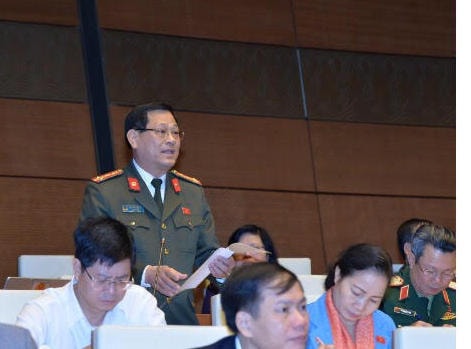 |
| Delegate Nguyen Huu Cau gave his opinion at the discussion session in the hall on November 23. Photo: PV |
The delegate stated: To deeply understand the above issues, from the perspective of a manager, I realize that the cyber security environment is no different from the social environment. Whatever exists in the social environment, there are also issues in the cyber environment, both good and bad.
The bad problem in the cyber environment attacks the human brain, the most dangerous place of the human being, because that is where the actions of every individual are decided, it affects the corruption of ideology, distorts perception and inevitably leads to wrongdoings, the paradox here is that such a dangerous attack still has the person being attacked have to pay the network operator, the service providers earn very high profits, while our state management agencies cannot manage income, causing a large loss of state money.
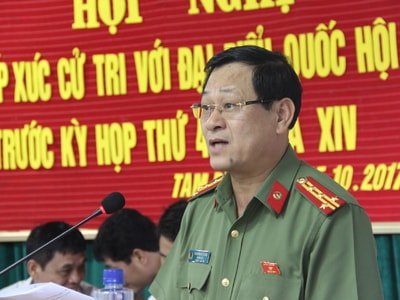 |
| Provincial Police Director Nguyen Huu Cau responded to voters' petitions in Nghe An. Photo: archive |
The State's task is to manage and eliminate harmful information for users and to prevent tax losses for the State, as many National Assembly deputies questioned the Minister of Information and Communications. The Cyber Security Law is built on the basis of contributing to the implementation of these two tasks.
Returning to the perspective of the network environment as well as the social environment, let us imagine that in society there are many laws regulated, while in the network environment there is only the Law on Network Information Security, the Law on Information Technology and a few other related laws, which in my opinion is too few. I try to ask the question why in the social environment we already have the Penal Code to fight against all kinds of crimes, but we have to build more specialized laws such as the Law on Anti-Corruption, the Law on Anti-Drug, the Law on Anti-Human Trafficking.
That also explains why, even though there is a Law on Cyber Security, it is still necessary to develop a Law on Cyber Security, because the scope of regulation of those laws is completely different. Specifically, the Criminal Law stipulates all acts that are criminal acts, while the Law on Anti-Corruption and the Law on Anti-Drug stipulates more in-depth measures to prevent and combat crimes that the state considers more dangerous and needs to be prioritized for prevention and combat.
Similarly, the Law on Cyber Security protects information security based on three general attributes: information integrity, information confidentiality, and information availability. The Law on Cyber Security focuses on combating harmful information that violates national security, social order and safety, and the legitimate rights and interests of individuals and organizations in the network environment.
This is the fundamental difference between these two draft laws and I think that if we have more specialized laws on the cyber environment in the future, I think that is normal. In fact, many countries in the world such as the US, China, UK, Australia, Japan, Singapore, and South Korea already have Cyber Security Laws that the Drafting Committee has referred to when drafting this law.
Regarding the issue of foreign enterprises providing Internet telecommunications services in Vietnam having to set up a representative office to manage Vietnamese user data servers in the territory of the Socialist Republic of Vietnam as stipulated in Clause 4, Article 34 of the draft law. I think that the provision of Internet services by profit-making enterprises that have been doing business in Vietnam must be equal to other enterprises.
We only require the placement of a server to manage Vietnamese users, not the entire data server, because the data server is provided for many countries, not just for a specific country. This request has been requested by 14 countries in the world such as the US, Russia, Australia, Canada, Columbia, China, India, Indonesia, Korea, Turkey,... that have asked network operators to perform this task. Why can those countries do this request, but Vietnam cannot?
Explaining this question, many people think that countries with developed technology should use technology to fight technology, which I think is true. But using technology to fight technology has actually created a barrier to fight against harmful information.
On the other hand, the study of Point b of Article 29.2 of the TPP Agreement on security exceptions states that "no provision of this Agreement shall prevent a Party from taking measures necessary to carry out its obligations relating to the maintenance and restoration of international peace and security or the protection of essential national security interests. For those reasons, I agree with these three opinions of the Drafting Committee and the review opinion of the National Defense and Security Committee reported to the National Assembly.
PV-CTV


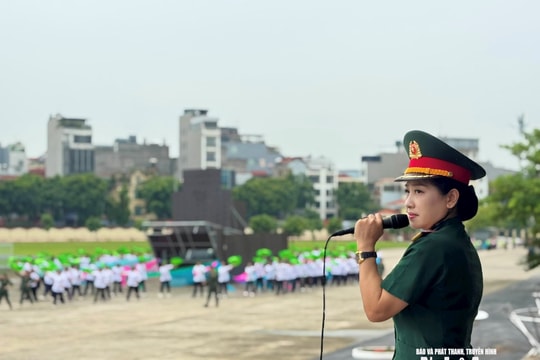
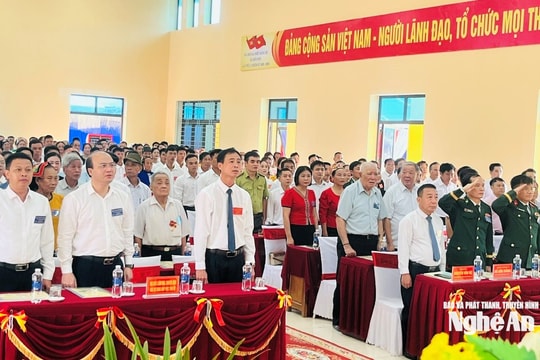
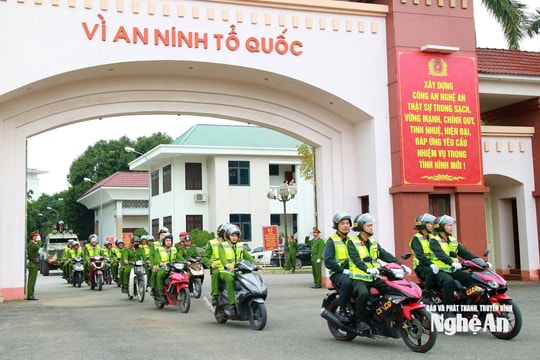

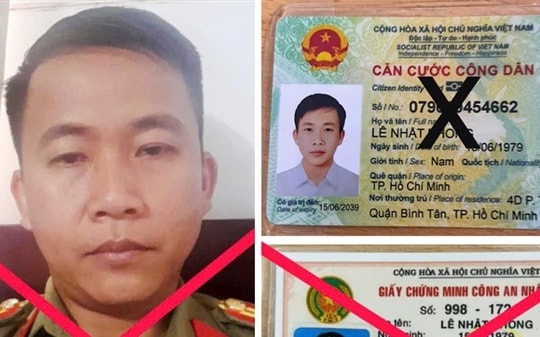
.jpg)
